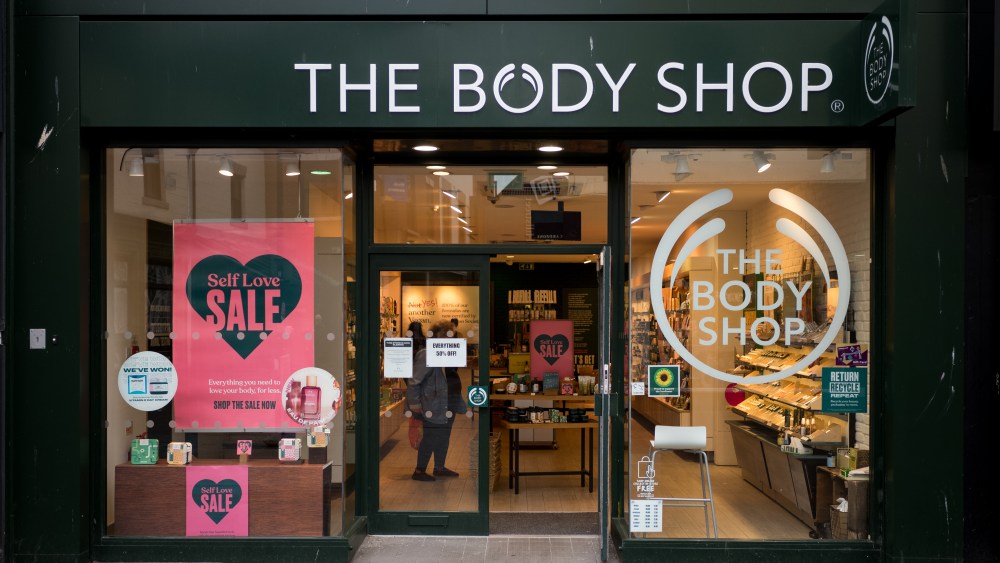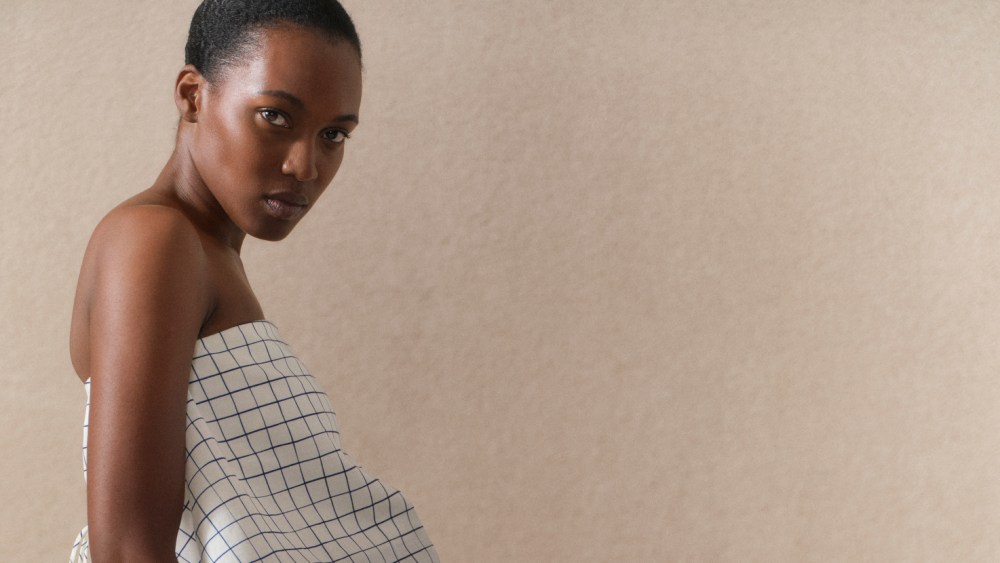LONDON – The Body Shop bankruptcy drama may finally be coming to an end, with a consortium led by Auréa Group stepping forward to buy the remains of the company.
On Wednesday, the joint administrators of The Body Shop International confirmed they have entered into an exclusivity agreement with Auréa and its partners, while the management team will be led by former Molton Brown chief executive officer Charles Denton.
“While the deal is not yet complete, we believe the combined experience of the consortium, together with the existing management team, represents the best outcome for creditors and will ultimately ensure the long-term success of The Body Shop,” said FRP Advisory, the administrators handling the sale.
You May Also Like
FRP said a period of due diligence will need to take place, with the intention to complete the transaction “in the coming weeks.”
Auréa describes itself as an investment platform focused on beauty, wellness and longevity. The group said its strategy is to invest in brands “that have embraced new consumer trends.”
The team is led by Mike Jatania, former owner of the Lornamead personal care and cosmetics group, Paul Raphael and Andrew Vagenas.
As reported, FRP Advisory had originally planned on a CVA, or Company Voluntary Agreement, which would have seen The Body Shop exit administration and return to trading, with creditors paid over a fixed period.
That plan didn’t work out, so FRP pivoted to a sale process. In June, owners submitted their bids for The Body Shop International, which has 112 stores and various subsidiaries worldwide.
A source familiar with the administration process said the overarching goal “is to get The Body Shop out of administration as soon as possible, and to secure the best outcome for the creditors.”
Aurelius, the former owner and the largest secured creditor, placed The Body Shop into administration in February, claiming it could not turn the business around fast enough given weak trading over the 2023 holiday season and the cost-of-living crisis in the U.K.
The argument was similar to what Mike Ashley’s Frasers Group said when it placed Matches into administration less than three months after buying it late last year.
Although both moves were legal per U.K. law, they left consumers, and the wider retail industry, scratching their heads. People wondered why Aurelius and Frasers Group bought their respective brands, and what sort of due diligence they conducted.
At The Body Shop, the international picture is complex. Some of the stores are run by subsidiaries, which are part of the U.K. sale. Others are franchises, some of which are operating. Others stores have shut down.
As reported, just before placing The Body Shop into administration in the U.K., Aurelius signed an agreement to sell most of The Body Shop businesses in mainland Europe and parts of Asia to an international family office.
The part of the activity affected was equivalent to about 14 percent of The Body Shop’s business worldwide. At the time, the company operated around 2,800 retail locations in more than 70 countries.
Meanwhile, operations in the U.S. have shut while the Canadian business has been restructured. The online business continues to operate.
The Body Shop, once a pioneer of clean, environmentally friendly beauty, saw its fortunes slowly decline following the death of its founder Anita Roddick in 2007.
She and her husband Gordon Roddick had already sold the-then publicly quoted business to L’Oréal in 2006, and in recent years The Body Shop has moved from owner to owner with no one figuring out how to nurture it and equip it to compete in the 21st century.
In 2017, when Natura & Co. purchased The Body Shop from L’Oréal at a valuation of $1.1 billion, it had good intentions. But it also had organizational and profitability worries, and didn’t really do much with the once-revolutionary British brand.
Just five years later, in November 2023, Natura would go on to make a fateful decision, selling The Body Shop to Aurelius for an enterprise value of $254 million, roughly one-quarter of its original purchase price.


